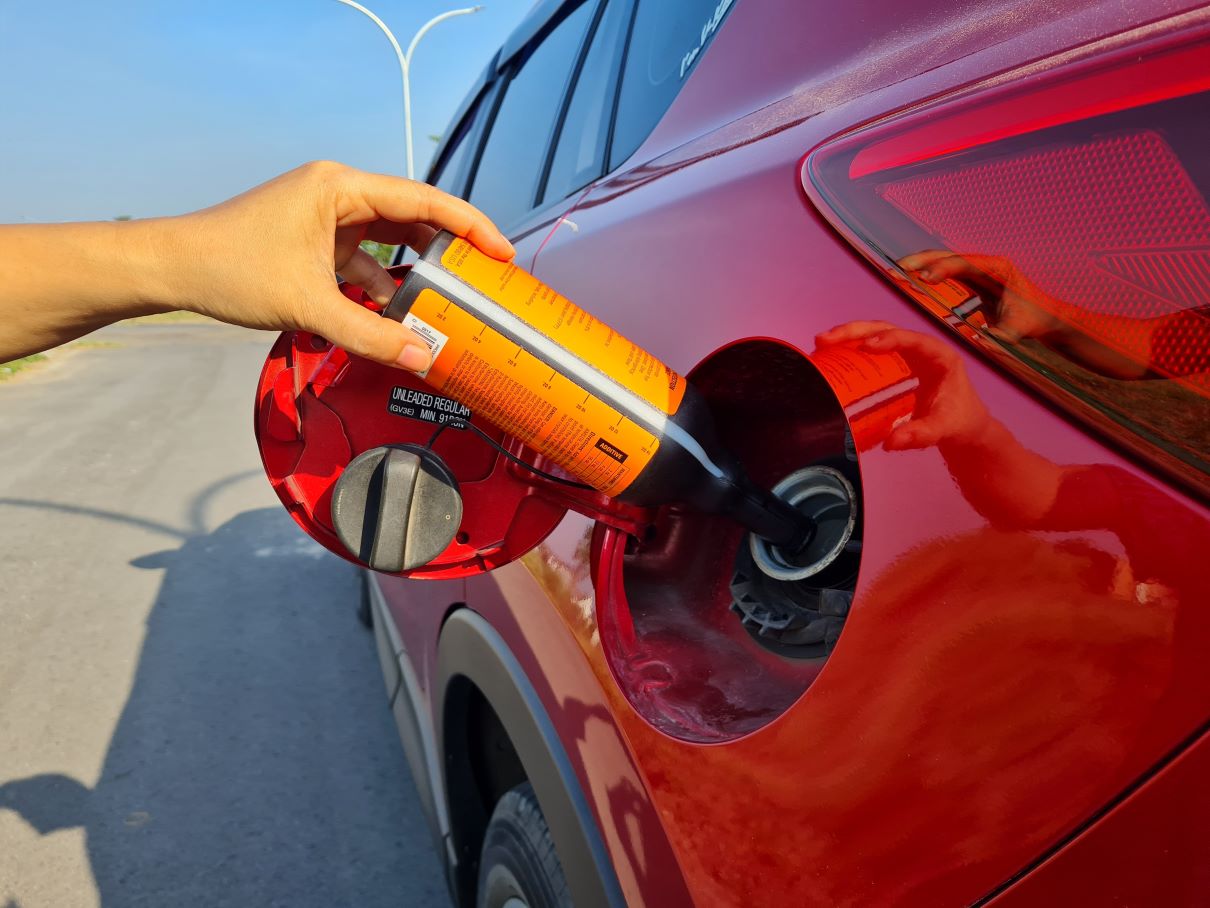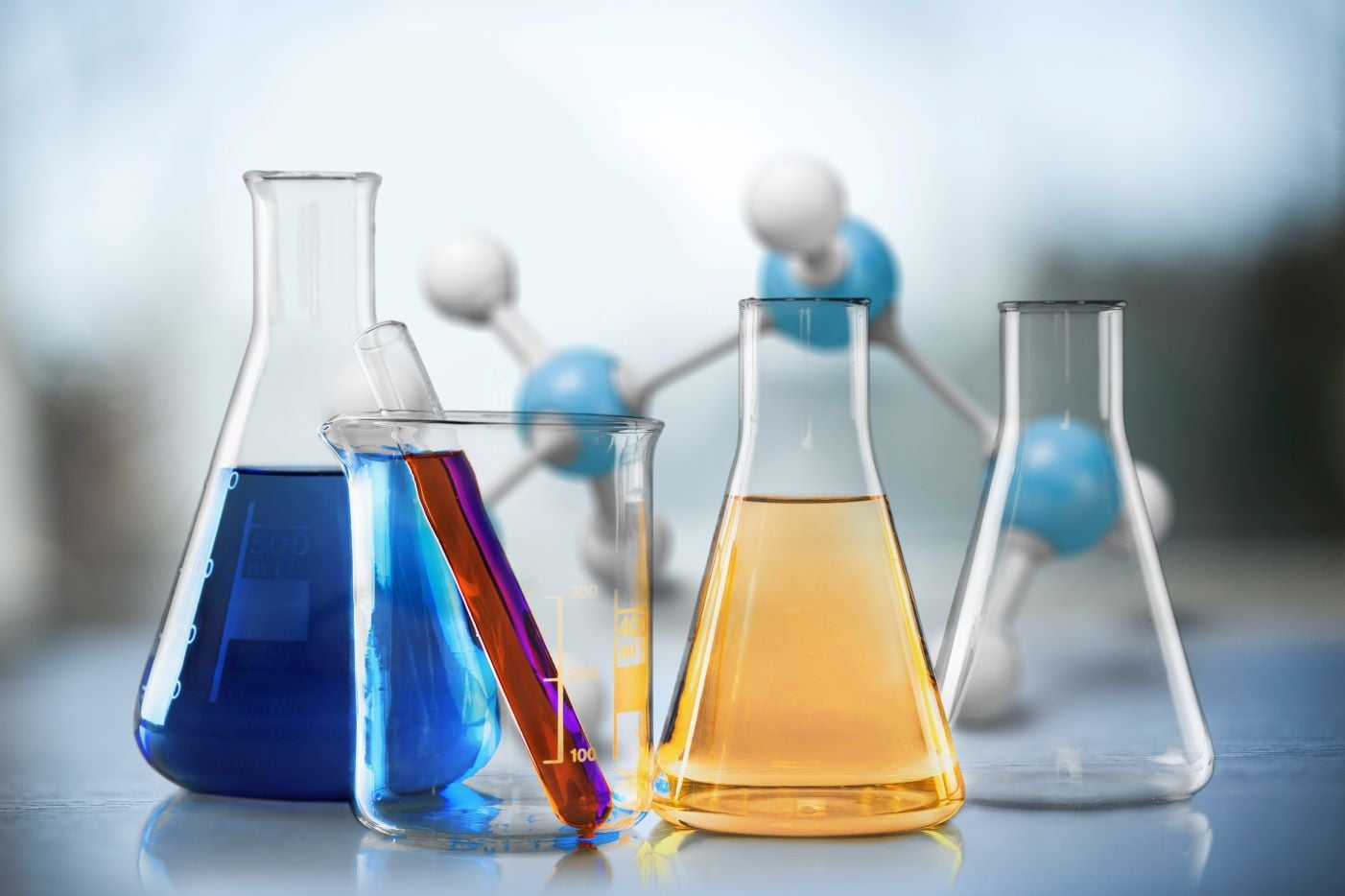 Take a stroll through your local auto parts store in South Florida and you’re likely to happen across a section stocked with fuel additives. These brightly colored bottles make all kinds of wild claims about improving your car’s performance, but do they actually work?
Take a stroll through your local auto parts store in South Florida and you’re likely to happen across a section stocked with fuel additives. These brightly colored bottles make all kinds of wild claims about improving your car’s performance, but do they actually work?
Depends on who you ask. Poll ten different gearheads and you’ll likely get ten different answers, ranging anywhere from “Heck yeah!” to “NOOOOOOO.” So, what gives?
Let’s see if we can’t get to the bottom of the issue and help answer a simple question: Are fuel additives right for your car?
What Are Fuel Additives?
Fuel system additives are a breed of chemicals that can be introduced into the gas line of your car, ostensibly to improve performance and prevent negative effects.
Despite being regulated by the government, aftermarket fuel additives exist in kind of a gray area. There isn’t a whole lot of hard evidence out there to prove that they work, and a lot of the belief in them may simply be the result of clever marketing. But, there are still certain cases where using fuel additives can potentially be beneficial.
In fact, regular unleaded fuel already comes with certain additives pre-mixed in. The U.S. government mandates that gas contains deposit control additives (DCAs) to prevent engine buildup, reduce emissions, and improve fuel economy. Other gasoline companies use their proprietary blend.
Types of Fuel Additives
Here’s a brief overview of the different kinds of additives. It’s important to note that many common additives on the market are formulated to do multiple things at once, so these categories can have considerable overlap.
Cleaners and Detergents
These are the most common form of additive, and the most extensively researched. They’re used to prevent carbon buildup on crucial components like intake valves and fuel injectors. One study conducted by AAA found that certain detergent additives had a noticeable effect on the cleanliness of engines and improved fuel economy by 2% to 4%.
Corrosion Inhibitors
This class of additives is meant to prevent rust from building up inside the fuel system. Hard data is scarce, but they’re generally only used with certain types of fuel in the airline and manufacturing industries and are seen as unnecessary in passenger vehicles.
Lubricants
Most additives have some lubricating quality to them, so using a dedicated lubricant may be a waste of money. However, some diesel systems can benefit from anti-coagulating additives.
Stabilizers
The purpose of fuel stabilizers is to lengthen the lifespan of gasoline and prevent it from going bad. A manufacturer-approved stabilizer can be worth using if you plan to store your vehicle for long periods without driving it.
Anti-Freezing Agents
Much like the antifreeze in your engine cooling system, fuel-line antifreeze regulates the temperature of gas and prevents it from freezing. Regular unleaded gas is partially made up of ethanol, which is a type of alcohol that has a much lower freezing temperature than water, so adding antifreeze to your gas tank is likely not going to make much of a difference.

Are Fuel Additives Good For My Engine?
It’s important to note that some fuel stabilizers may actually do more harm than good. Using too much or the wrong kind of additive can clog fuel lines, cause rust, damage electronic components, and mask underlying problems, so car owners should exercise caution if they’re thinking about dumping a fuel additive in the tank. When in doubt, you can consult your owner’s manual, or speak with a certified technician who can point you in the right direction.
There’s no real golden rule for using fuel additives. For most cars using regular gas, fuel injector cleaning detergents and fuel stabilizers can be worth the money in some cases, but they probably won’t fix a serious issue with your car.
Are you taking proper care of your engine?
If you live near Hialeah and suspect you need your car’s engine fixed, it’s best to have it looked at as soon as possible, and Braman Hyundai’s certified service department can get your car back on the road and running like the day you bought it. Give us a call at (786) 623-6060 or schedule auto repair in Miami on our website, and be sure to check out our online service coupons.

